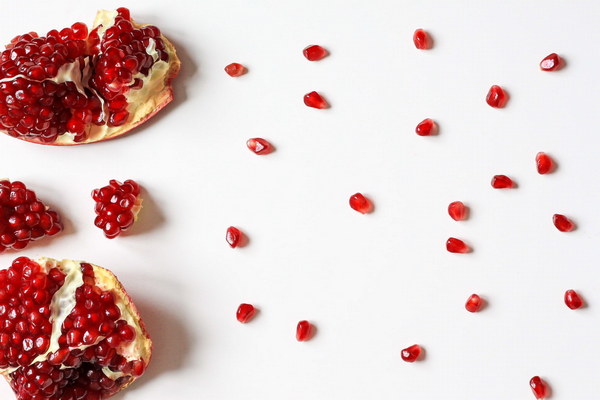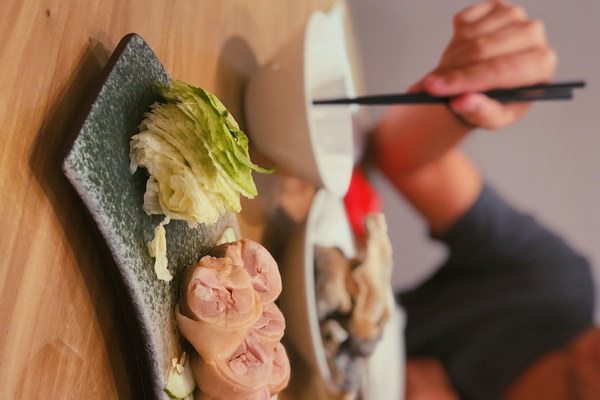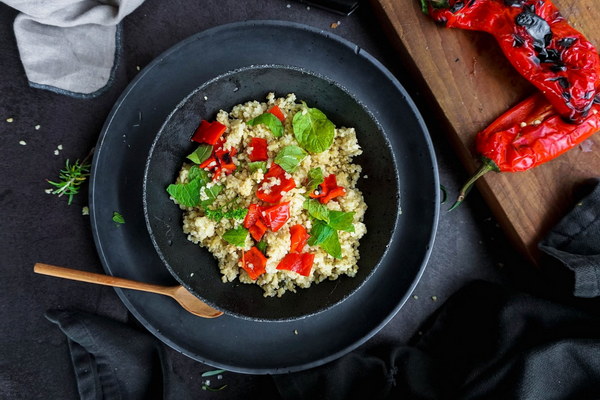Nourish Your Kidneys and Minimize Oil Intake A Guide to Healthy Eating
In the realm of traditional Chinese medicine, the kidneys are considered to be the root of life, playing a crucial role in maintaining overall health and vitality. One effective way to support kidney function is by adopting a diet that is low in oil. In this article, we will explore the benefits of reducing oil intake and provide you with some delicious, kidney-friendly recipes to help you nourish your kidneys naturally.
The Importance of Oil Reduction
Oil is a staple in many cuisines around the world, but excessive consumption can lead to a host of health issues, including kidney problems. High oil intake can increase the risk of kidney disease, as it puts additional strain on the kidneys to filter out waste products. Additionally, a diet rich in oil can lead to obesity, diabetes, and cardiovascular diseases, which are all associated with kidney dysfunction.
By reducing your oil intake, you can help alleviate the workload on your kidneys and promote their overall health. This doesn't mean you have to eliminate oil from your diet entirely; rather, it's about finding a balance and making mindful choices.
Benefits of a Low-Oil Diet
1. Improved Kidney Function: By reducing the strain on your kidneys, you can help maintain their ability to filter waste and excess fluids from the body.
2. Weight Management: A low-oil diet can help you achieve and maintain a healthy weight, which is crucial for preventing kidney disease and other chronic conditions.
3. Heart Health: Reducing oil intake is beneficial for heart health, as it can lower cholesterol levels and reduce the risk of cardiovascular diseases.
4. Better Digestion: A diet that is low in oil can improve digestion and reduce the risk of constipation, which can be harmful to kidney health.

Tips for Reducing Oil Intake
1. Choose Cooking Methods Wisely: Opt for cooking methods that require minimal oil, such as steaming, boiling, grilling, or sautéing with a small amount of water or broth.
2. Use Herbs and Spices: Enhance the flavor of your dishes with herbs and spices instead of relying on oil. Some great options include garlic, ginger, turmeric, cumin, and paprika.
3. Use Oils Wisely: When you do use oil, choose healthier options like olive oil, avocado oil, or sesame oil in moderation.
4. Be Mindful of Condiments: Many condiments are high in oil, so be cautious when using them. Opt for low-sodium, low-fat alternatives when possible.
Kidney-Friendly Recipes
1. Steamed Vegetables: Steam a variety of vegetables, such as broccoli, carrots, and asparagus, to maintain their nutrients while reducing oil intake.
2. Ginger and Garlic Sautéed Tofu: Sauté tofu in a small amount of water or broth with minced ginger and garlic for a flavorful, kidney-friendly dish.
3. Sesame Seed Salad: Mix together a variety of chopped vegetables, such as cucumbers, bell peppers, and tomatoes, with a light dressing made from sesame oil, soy sauce, and lemon juice.
4. Quinoa and Black Bean Bowl: Combine cooked quinoa with black beans, corn, and avocado, topped with a squeeze of lime and a sprinkle of cilantro.
By incorporating these tips and recipes into your diet, you can nourish your kidneys and promote overall health while enjoying delicious, low-oil meals. Remember, the key is to strike a balance and make mindful choices that support your well-being.









